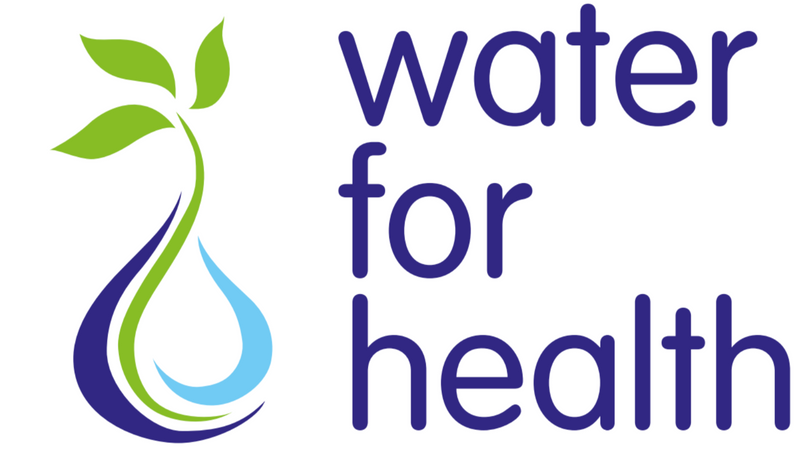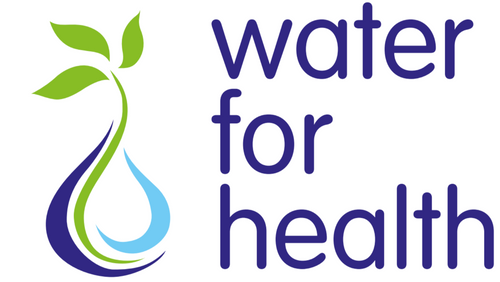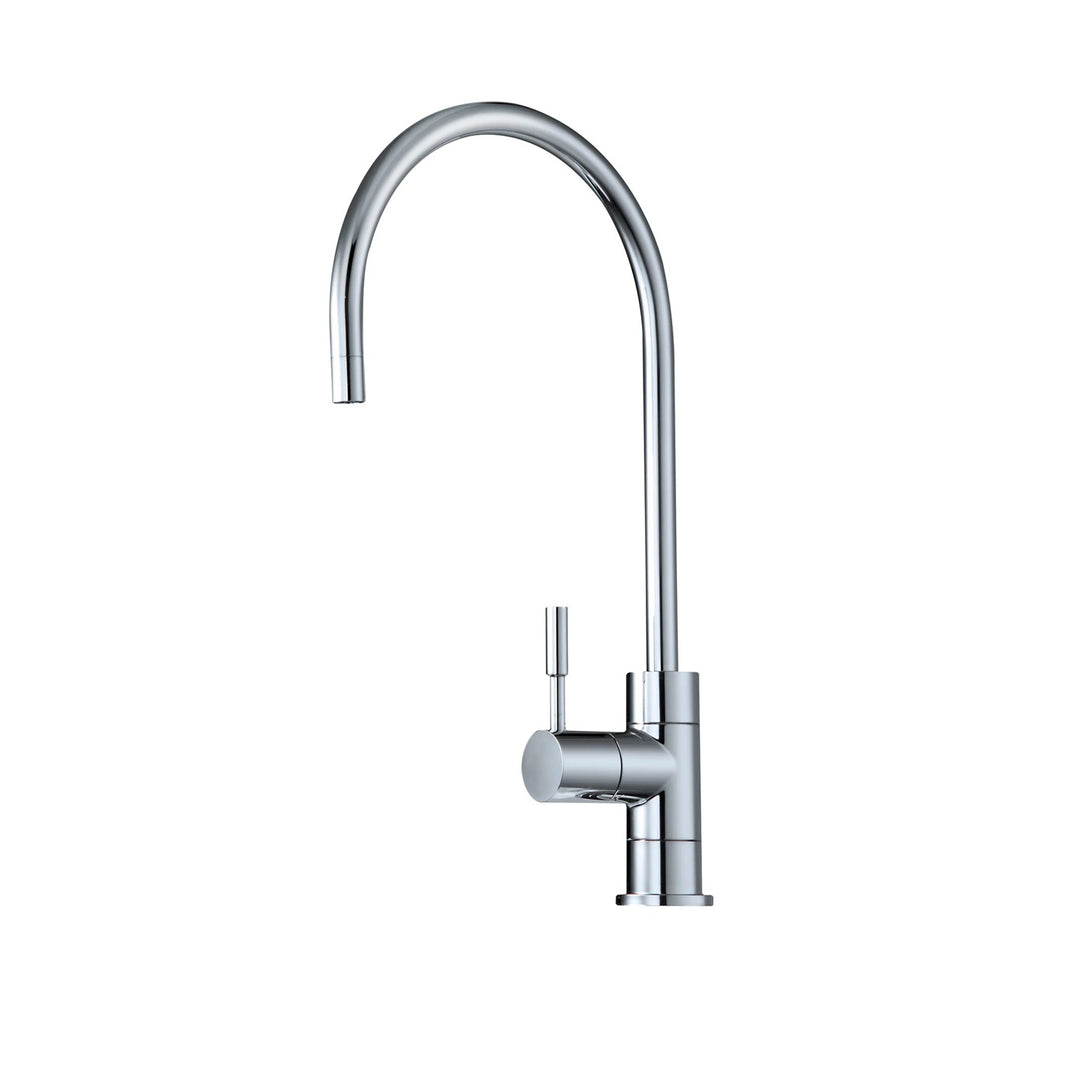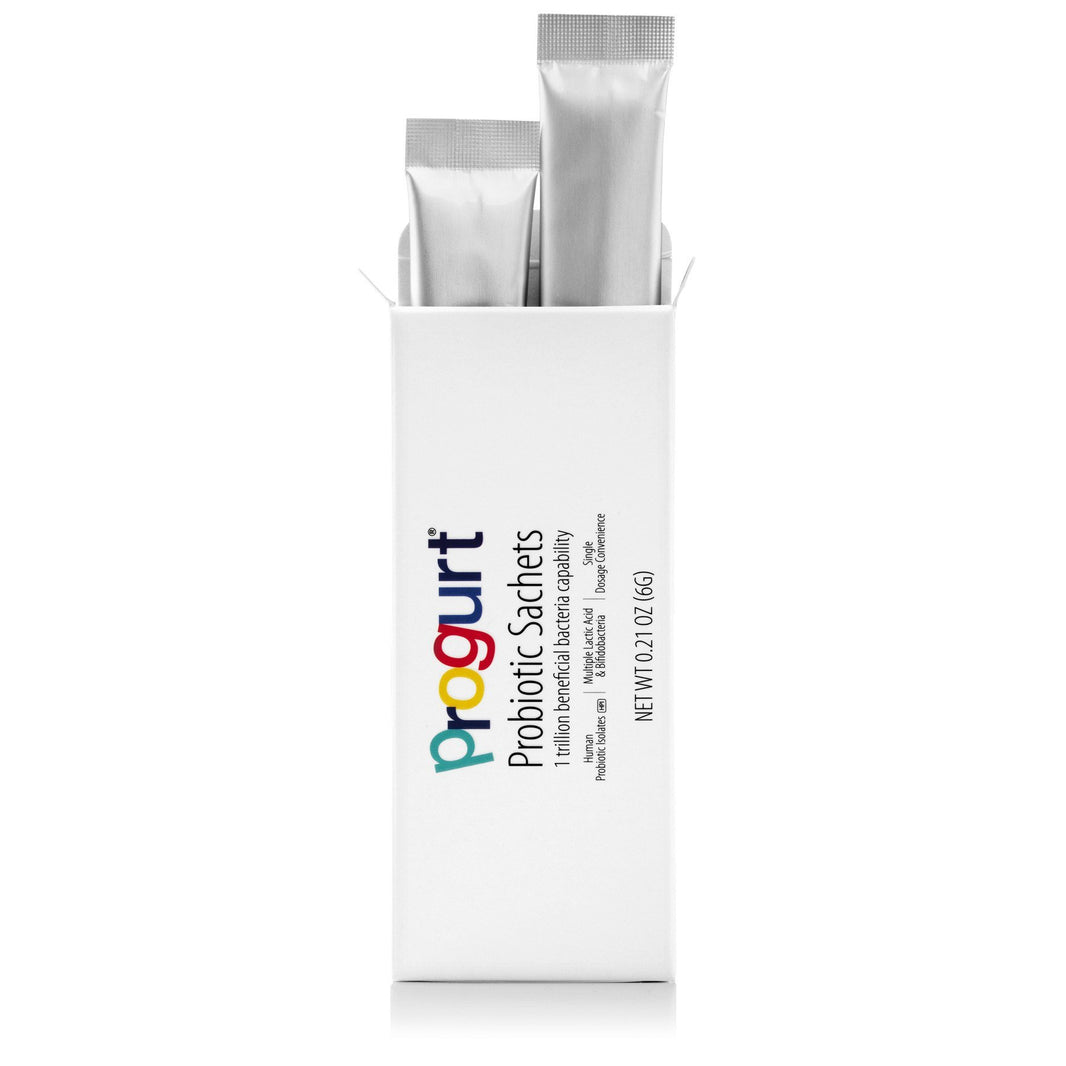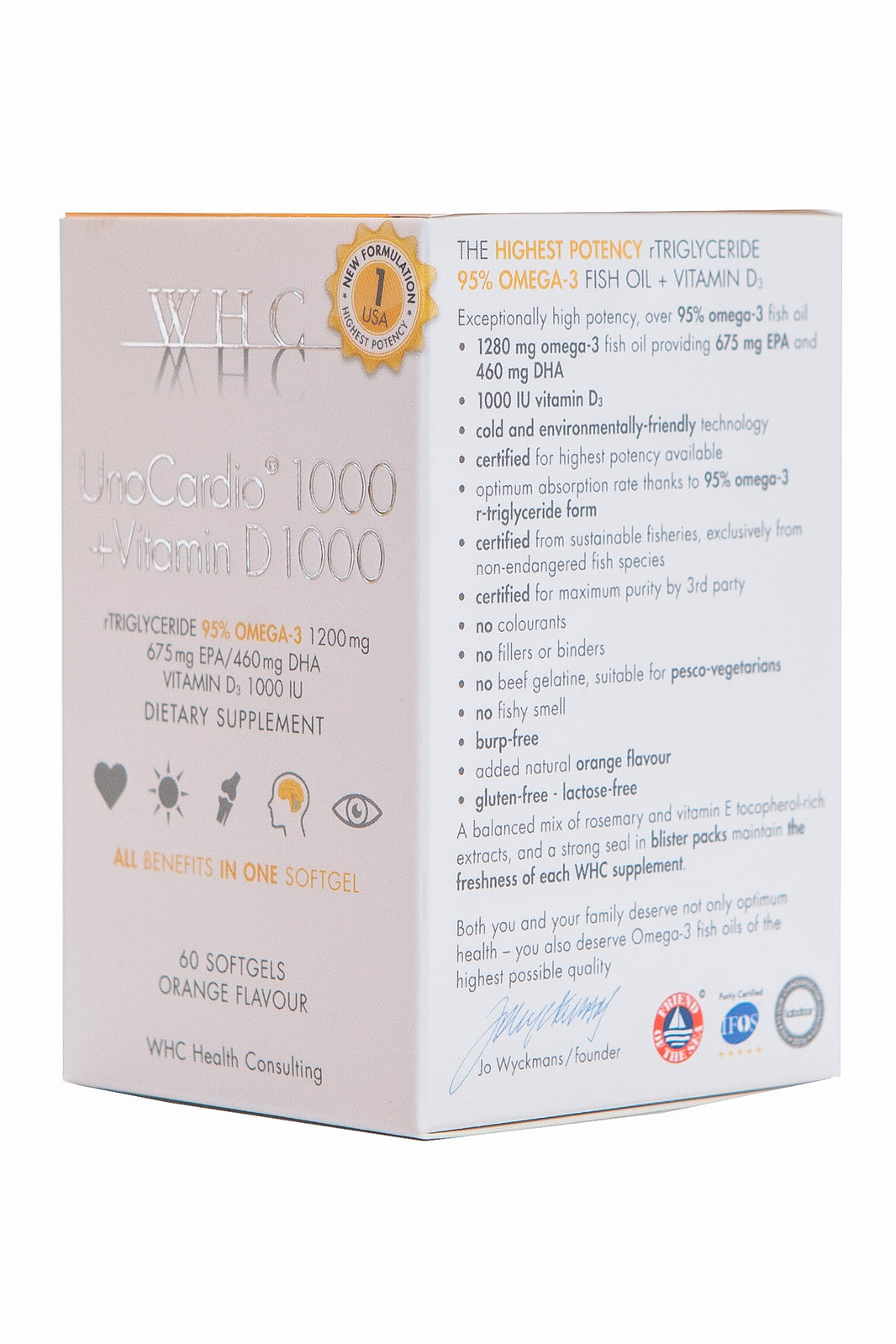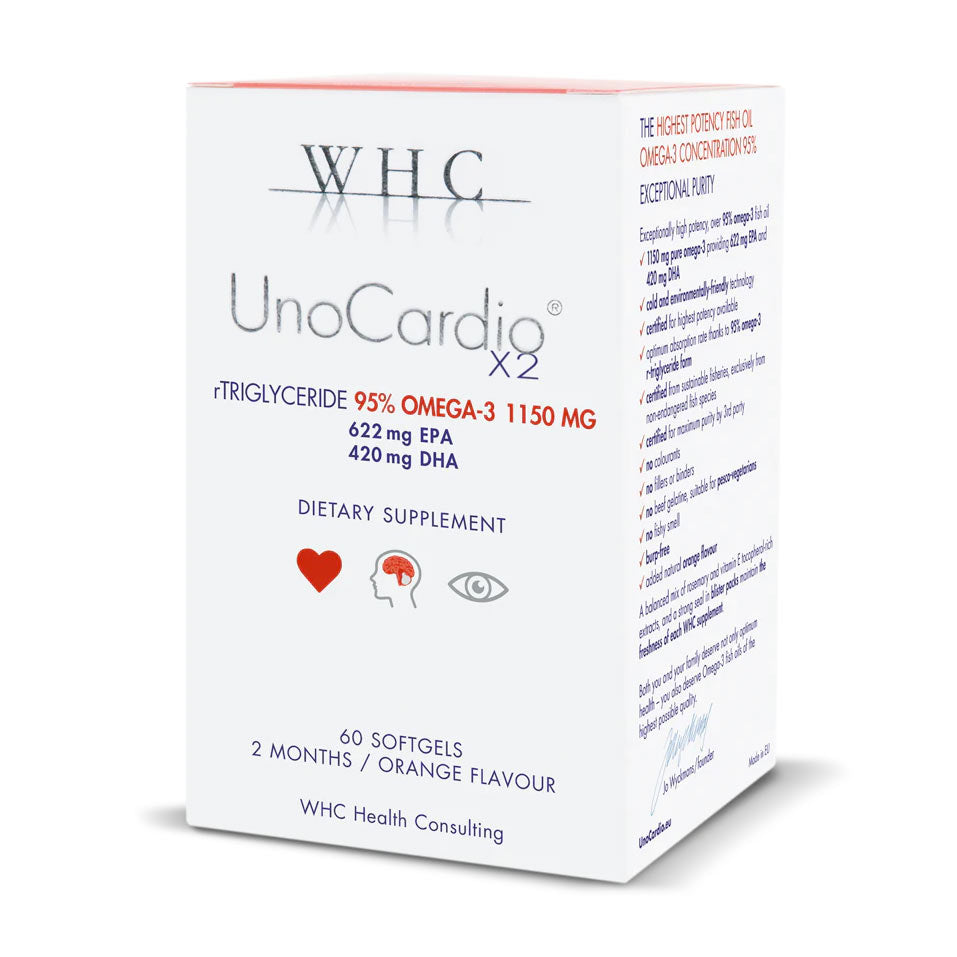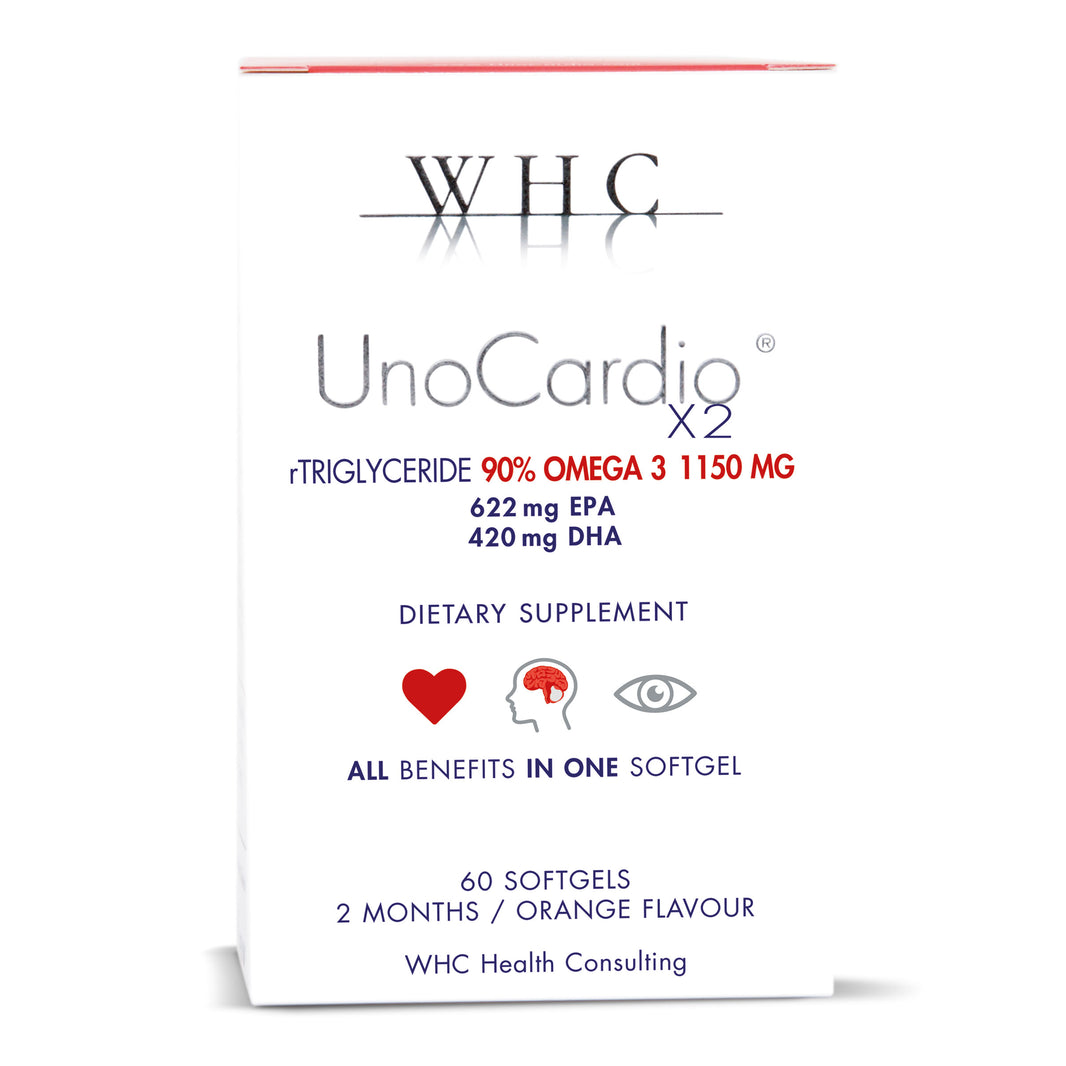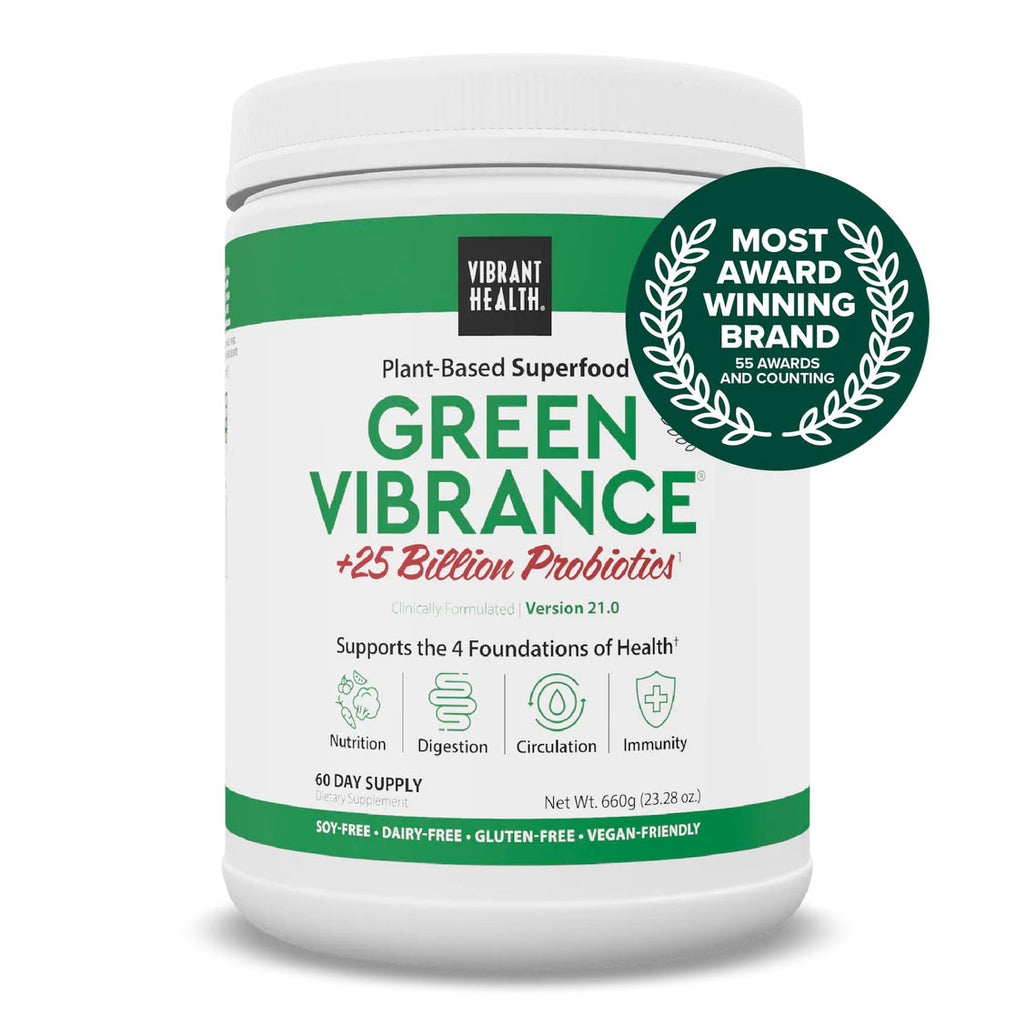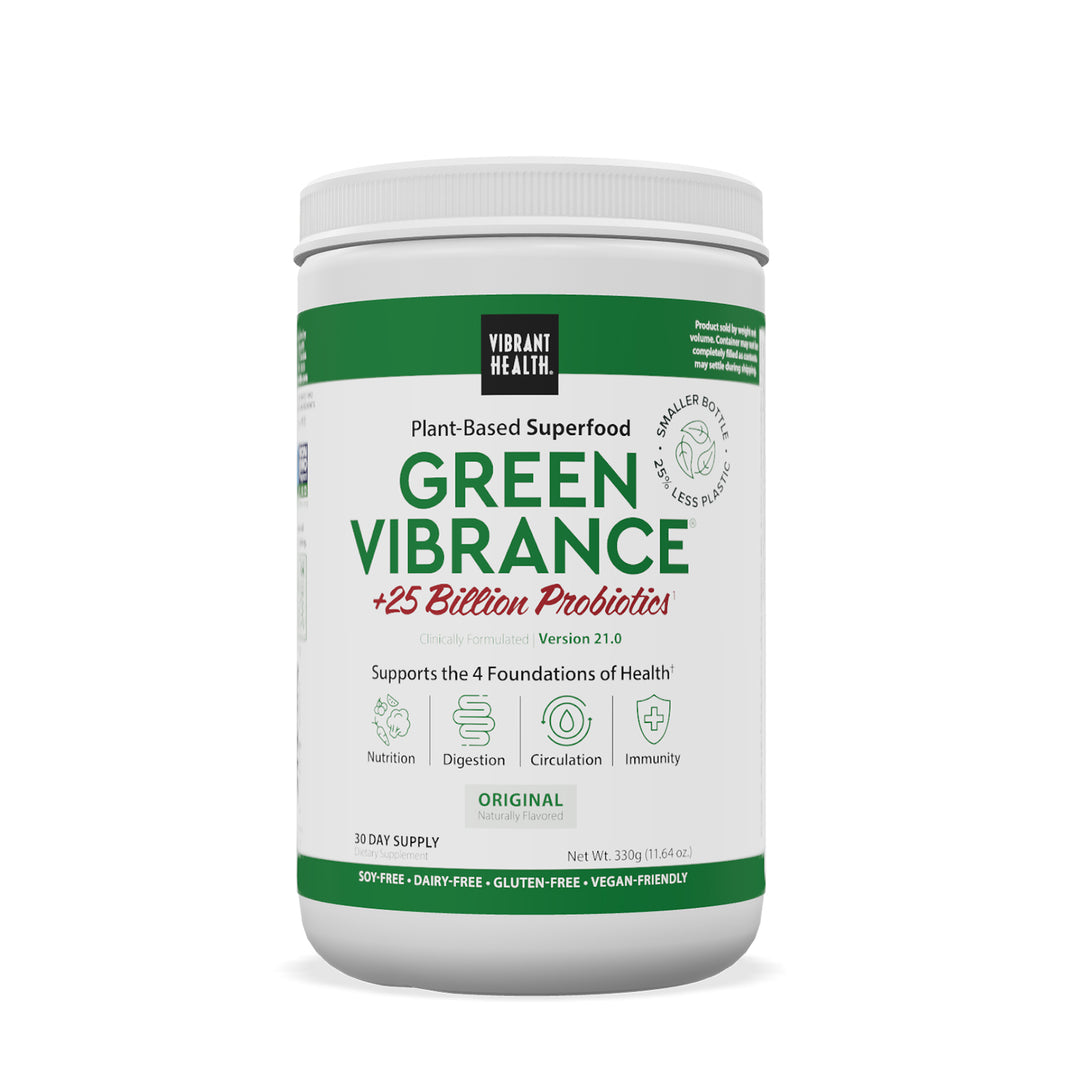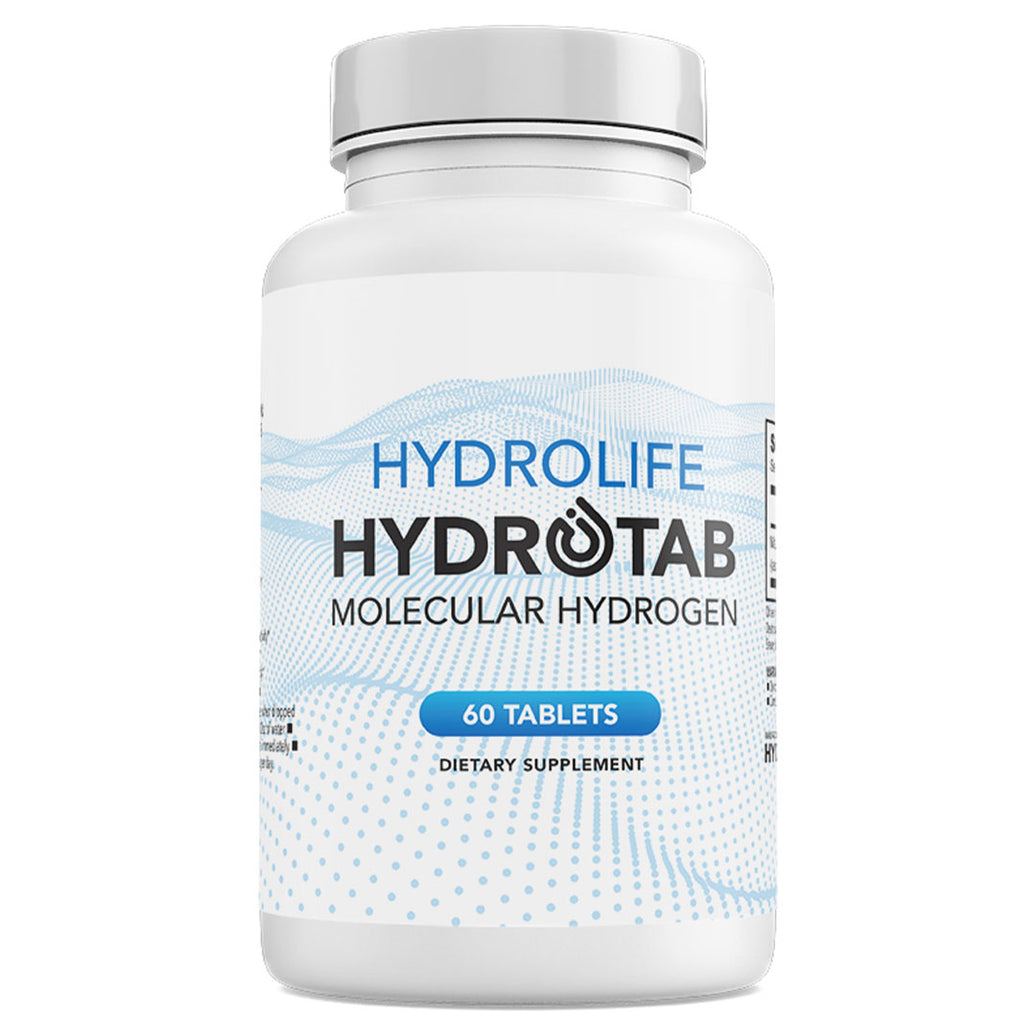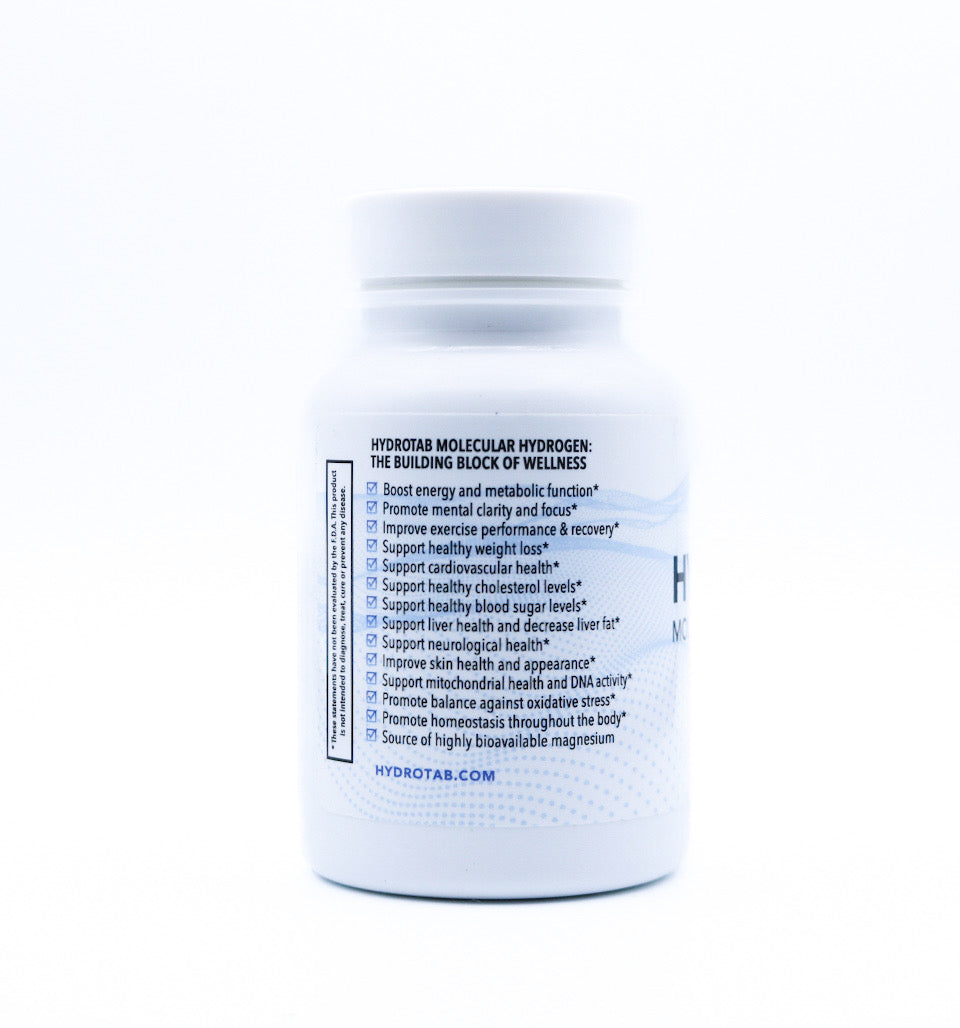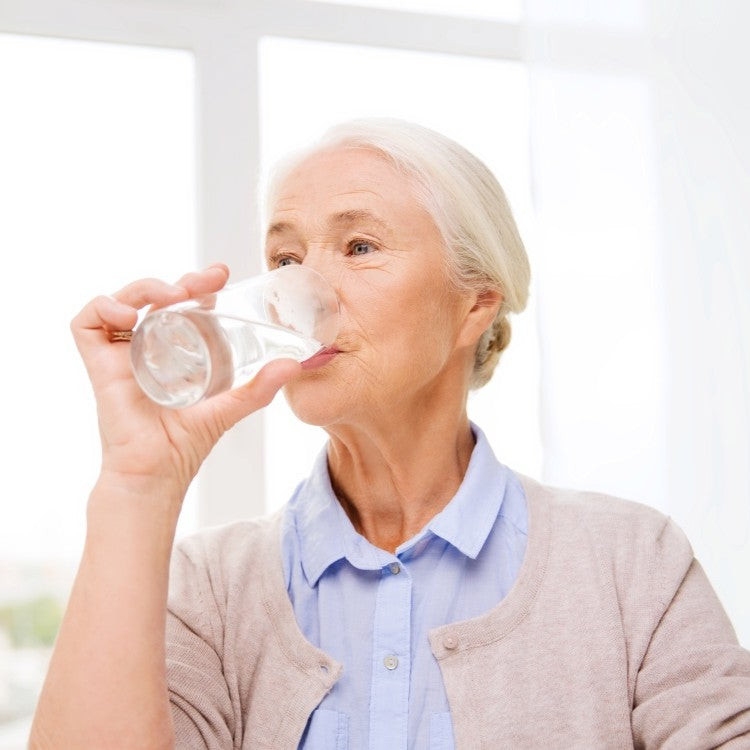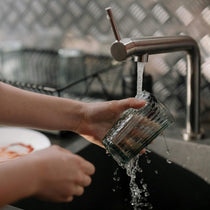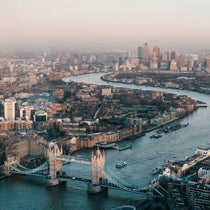Frequently we are asked how much water should a person drink per day. Probably the best guide is in Dr Batmanghelidj’s books. Dr Batmanghelidj was a well-qualified medical doctor who researched the therapeutic value of water and published several books of his findings.
This extract is from his book Water & Salt – Your Healers From Within.
‘The human body is in constant need of water. It loses water through the lungs when we breathe out. It loses water in perspiration, in urine production, and in daily bowel movements. 'A good gauge for the water needs of the body is the colour of urine. A well hydrated person produces colourless urine – not counting the colour of vitamins or colour additives in food. A comparatively dehydrated person produces yellow urine. A truly dehydrated person produces urine that is orange in colour. 'An exception is those who are on diuretics and flush water out of their already dehydrated bodies and yet produce colourless urine. 'The body needs no less than 1.9 litres (2 quarts) of water and half a teaspoon of salt every day to compensate for its natural loss in urine, respiration and perspiration. Less than this will put a burden on the kidneys. They will have to work harder to concentrate the urine and excrete as much chemical toxic waste in as little water as possible. 'This process is highly taxing on the kidney cells. A rough rule of thumb for those who are heavy set is to drink 15ml (half ounce) of water for every .45kg (pound) of body weight. A 90kg (200lb) person will need to drink 3 litres (one hundred ounces) of water. 'Water should be taken any time you are thirsty, even in the middle of a meal. Water intake in the middle of a meal does not drastically affect the process of digestion, but dehydration during food intake does. You should also take at least 2 glasses of water first thing in the morning to correct for water loss during eight hours of sleep.'
This is an excellent guide for most people. However, it is important that the salt you take is good unprocessed sea salt or better still, Himalayan rock salt which is unprocessed and contains a range of trace minerals.
You could also try a magnesium-enriched salt with a lower sodium content. And for maximum absorption you should drink mineral-based alkaline ionised water to give your body the type of water that is best for it.
Rather than abiding by an elaborate schedule, it is a good idea to drink according to thirst and to make sure you have access to water wherever you are. Fluid requirements do tend to vary among individuals based on a number of factors, not least age, sex and activity levels.
Just remember that coffee, although it contains mostly water, is a diuretic and can actually dehydrate you.
For more information, visit our Water Filters page.
